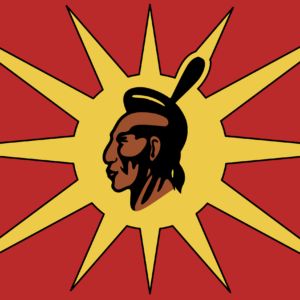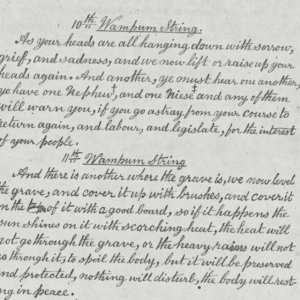
If anyone has been listening to the speeches of the Canadian PM lately you may notice that Justin Trudeau has been saying the word reconciliation again and again. Many of the Queen’s people have been repeating the word reconciliation without understanding what it really means.
The problem of colonization is an on-going one that isn’t quite over yet. Canadians are beginning to sense that some terrible damage to Indigenous people has been done but they aren’t totally sure – some are still on the fence.
This week Justin Trudeau exonerated six Tsilhqot’in Warchiefs who were tricked, captured and hanged by the immigrant armies of England in 1864. “We are truly sorry,” says the Prime Minister on behalf of everyone.
The problems between Euro-settlers and Indigenous people is not new. Take for example the Truth and Reconciliation Commission of Canada and the 94 calls to action they made. In 2017, seven of the recommendations were complete and 87 still incomplete. Ian Mosby a historian and also a self-described “settler” has been keeping track on Twitter from @Ian_Mosby.
To make the story even more pitiful and sad it looks like this was the second commission put forth in Canada. After the Oka struggle the Canadian government realized they had a major problem on their hands so they established the Royal Commission on Aboriginal Peoples (RCAP) to try to find out what they did wrong. It was a five year study and millions of dollars were funnelled through all the corporate routes until they finally produced a dry 4000 page report.
Probably the most imminent of all of those words were these simple ten,
“There cannot be peace or harmony unless there is justice.” That was the findings from The Royal Commission on Aboriginal Peoples, page ix, A Word From Commissioners.
If we take a few seconds to look over the origins, the etymology of the word reconciliation we see it comes from a mid-fourteenth century Old French word reconcilier which was a derivative of the Latin reconcilare “to bring together again.”
Reconciliation is a major theme of the Bible’s New Testament. According to the story, mankind was spiritually separated from God and so a man named Jesus was sent as a sacrifice on everyone’s behalf to pay the price of reconciliation with his own blood. Although quite the gory tale, it is not alone in the Jewish writings.
In a story with strong parallels with the current Canadian political climate, King David brought reconciliation to the descendants of Israel. It happened roughly three thousand years ago and apparently ended a major drought but not without a sacrifice. According to the Book of 2 Samuel, the previous King of Israel named Saul had broken a four hundred year old peace treaty with the Indigenous Gibeonites and incurred the wrath of the Almighty Lord of Heaven in the process.
As the story goes, King David received a pro-tip and instead of doling out state reconciliation money, he went to the tribes and asked them what it would take for them to forgive Israel’s genocide-y behaviour. The Gibeonites said if seven of the Royal family were executed the price would be sufficient.
King David used wisdom and hung seven of King Saul’s sons and it was very effective.
Back in October 2017, Canada’s Minister of Crown-Indigenous Relations and Northern Affairs Carolyn Bennett issued a statement, “Canada recognizes and acknowledges this shared history and, as a symbolic gesture of reconciliation will be moving forward to offer a statement of exoneration for the six chiefs,” Bennett said. “These six chiefs were leaders of a nation and are well-regarded as heroes by their people.”
Maybe a statement of exoneration for these “heroes” is also a subtle incrimination of themselves but it shouldn’t be confused with real reconciliation which would require real sacrifice. Good luck Trudeau.






